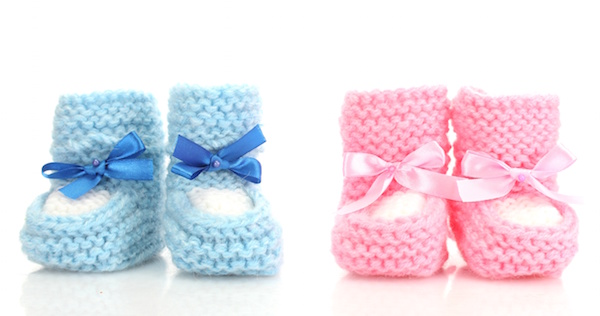
THURSDAY, July 22 (HealthDay News) — The risk of placental separation during labor is three times higher than normal in pregnant women with antibodies that indicate early thyroid disease, a new study has found.
However, the findings don’t suggest that routinely screening pregnant women for thyroid problems or providing them with thyroid supplementation would offer any benefit, according to the researchers at the University of Texas Southwestern Medical Center in Dallas.
Thyroid peroxidase (TPO) is an enzyme that incorporates iodine into thyroid hormones. In some autoimmune diseases, the body creates antibodies against TPO. This leads to lower TPO levels and slower body metabolism. But when antibody levels are low, the thyroid may be able to compensate and produce normal amounts of thyroid hormones, the study authors explained in a news release from UT Southwestern Medical Center.
In the new study, the researchers analyzed levels of anti-TPO antibodies from 17,298 women before they reached 20 weeks of pregnancy and compared those levels with the mothers’ and babies’ health after birth.
Nearly 6 percent of the women had anti-TPO antibodies, but the rate varied according to ethnicity — 8.4 percent for whites, 6.1 percent for Hispanics and 2.6 percent for black women. The women with anti-TPO antibodies had normal levels of thyroid hormones, the study authors noted.
Rates of birth complications were the same for women with anti-TPO antibodies and those without the antibodies, with the exception of placental abruption. This is a rare but potentially fatal situation in which the placenta separates from the uterus too early. Placental abruption occurred in 1 percent of antibody-positive women and in 0.3 percent of antibody-negative women, the investigators found.
A mother’s antibody status had no effect on the health of her baby, the authors noted.
“Our work shows a link between anti-TPO antibodies and placental abruption, but that does not necessarily mean that thyroid supplementation would improve the health of the women or babies,” co-lead study author Dr. Brian Casey, a professor of obstetrics and gynecology, said in the news release.
The study is published in the August issue of Obstetrics & Gynecology.
More information
The March of Dimes has more about placental abruptions.

